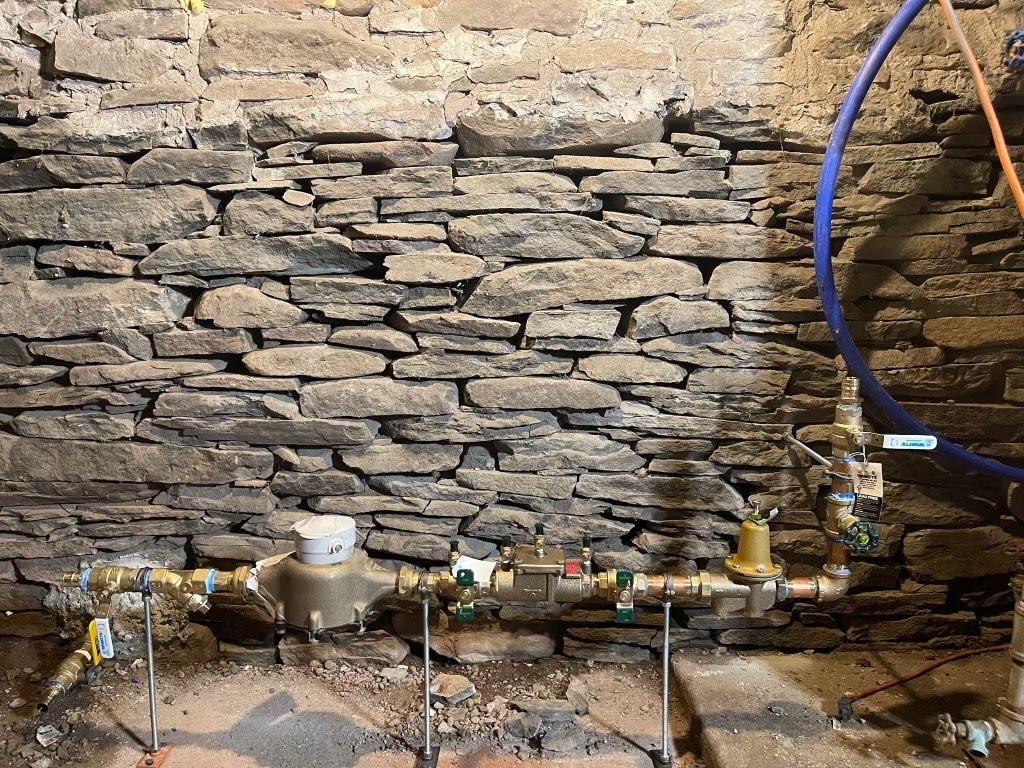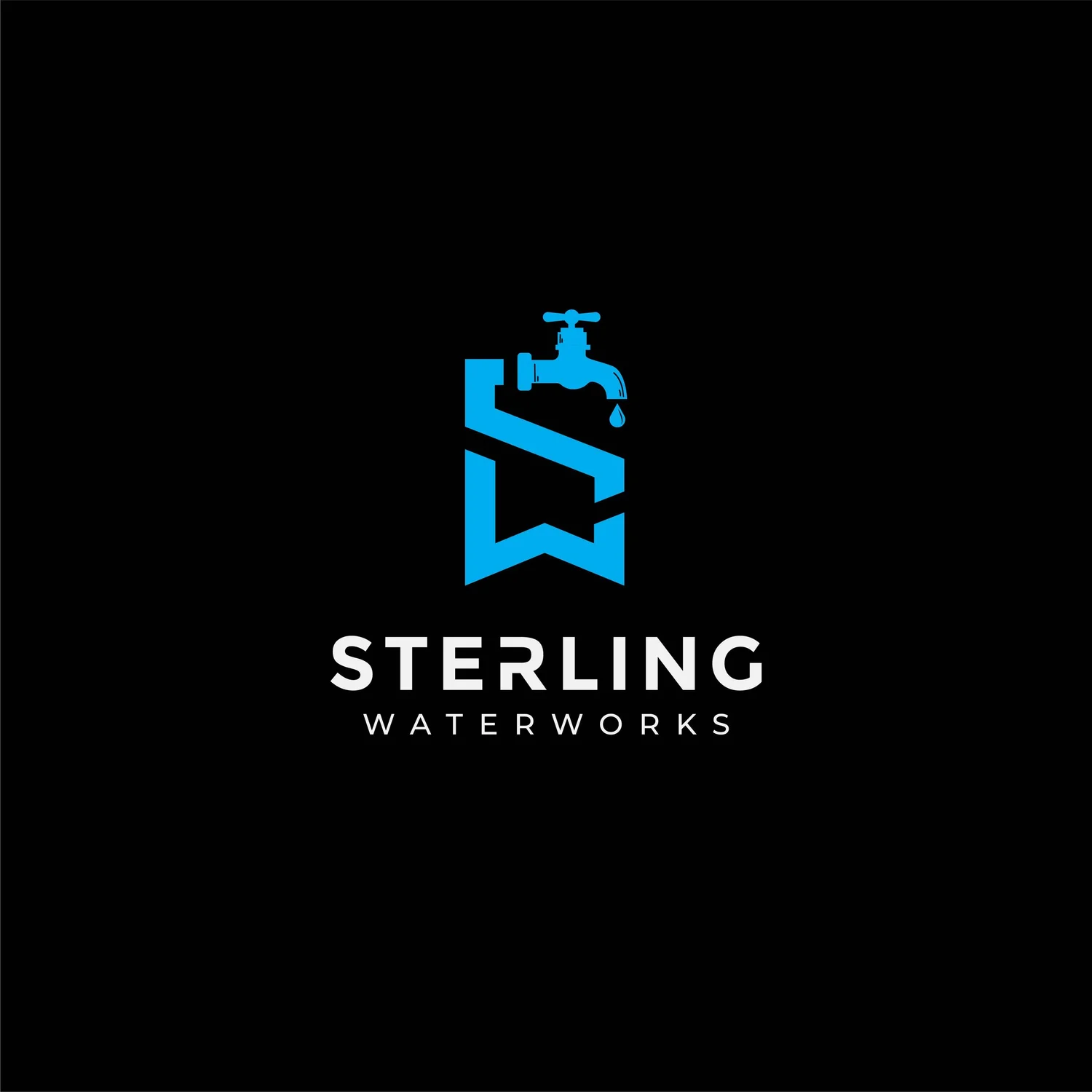
Frequently Asked Questions
FAQs
Questions you should ask before hiring a plumber
-
Hiring a handyman vs a plumber always depends on the work being performed. A handyman is a wise choice when you need various odd jobs or minor repairs done around your home or office. For example, a handyman can swap a faucet in the kitchen or bathroom. If a toilet isn’t flushing correctly, a handyman can probably take care of the problem for you.
Here are several other basic plumbing fixes that don’t require a plumber:
• Fixing a toilet that won’t stop running
• Installing a new sprayer for the kitchen sink
• Caulking a shower or bathtub
• Replacing shower tile or grout
• Fixing a jammed garbage disposal
• Replacing shower heads with water saving models
A major advantage of handyman vs plumber is versatility, doing a little of everything. For small jobs, you can avoid having to hire multiple specialists. They're especially useful when the task doesn't require specialized skills or licensing, saving you time and hassle.
However, some projects are best left to a plumber. Here are several examples:
• Repairs: Unless the cause of a leak or plumbing issue is obvious, it’s better to call a plumber than a handyman.
• Major Leaks: When dealing with burst pipes or major leaks, call a plumber right away. Don’t walk around in standing water or wastewater. Contact a plumber immediately and follow the instructions provided.
• Lead pipes: Homes built before 1986 may still have lead pipes. Replacing these pipes is a major renovation that needs to be handled by a plumber and a GC
• Installing or replacing shutoff valves: Some older homes or apartments don’t have stops in the kitchen or bathroom to turn off the water supply. This can make it difficult for a handyman to replace leaky faucets or shower heads without making a mess. Installing shutoff valves is something a plumber needs to handle.
• Bathroom or kitchen remodeling: Many remodeling projects, even smaller ones, involve moving drains and water pipes. Any time the job requires changing the placement of fixtures, integrating new lines or modifying the home’s plumbing layout, you have to hire a plumber.
• Water Heaters: Depending on your jurisdiction a water heater must be installed by a licensed plumber. If your water heater is fuel burning or connected to a boiler always call a plumber.
-
Regardless of type, all water heaters require maintenance. All water heaters should be flushed once a year and the T&P release valve should be checked. On tank style water heaters the anode rod should also be checked once a year.
-
The United States has one of the safest and most reliable drinking water systems in the world. The drinking water that is supplied to our homes comes from either a surface water or ground water source. Water travels to your tap through your local water utility or through an individual water system, such as a private well.
A private well uses ground water as its water source. Owners of private wells and other individual water systems are responsible for ensuring that their water is safe from contaminants. It is important that private wells are checked regularly to ensure that the water is safe for drinking. EPA regulations that protect public drinking water systems do not apply to privately owned wells.
No water supply is ever completely free of all contaminants and your water will likely show some contaminants in small amounts. The best way to know if you need a water treatment system, is to have your water tested.
-
Different water filters have different functions. Some can make your water taste better, while others can filter out harmful chemicals or germs. However no single filter can keep every type of contaminant out of your drinking water. Preventing or removing them all may not be economically or even technologically feasible. Nor is it necessary to protect your health.
Questions to consider:
⁃ What do you want to remove or reduce? Once your water test comes back suitable equipment; certified by the National Sanitation Foundation (NSF), Underwriter’s Laboratory, or Water Quality Association (WQA) to remove the contaminant(s) of concern, would be selected and installed. Make sure the unit you are considering is certified to remove that contaminant.
⁃ Do you want to treat all the water in your home or just drinking water? There are two main types of home water treatment units:
• Point of use: These treat water at one faucet and are good for treating only the water you use for drinking and cooking. ie: pour-through pitchers or countertop units, attach to a faucet, refrigerator water or ice dispensers, under sink units
• Point of entry (POE): These are installed on the water service line, before supplying any fixtures. In homes built prior to 1988 it is important to consider the materials your home’s water lines are constructed of. Some of these units can produce water that is slightly corrosive which, depending on the types of materials used for your interior plumbing or fixtures, can pull contaminants from them into your drinking water.
⁃ What is your budget? While some companies advertise the best technology and or the best prices, there may be cheaper and more effective strategies to in home water treatment. Get detailed estimates and a water quality report from a few companies. Consider whether you want to cover a single faucet or the entire home, the cost of various technologies and maintenance, whether the installation will be diy or you will hire a professional.
Questions you should ask about your home
-
Knowing the location of your main water shut off is crucial for safeguarding your property against water damage in emergencies. Whether it's a burst pipe, a malfunctioning appliance, or a natural disaster, being able to quickly shut off the water supply can prevent costly damage and mitigate potential hazards.
Once you locate your water shutoff ensure the valve functions properly and label it; before there is an emergency.
-
Water pressure could be a silent killer for your plumbing system. Excessive water pressure can slowly cause seals and joints to fail, fixtures and appliances to malfunction. This can cause small issues or result in major repairs.
Low water pressure can present itself in various ways. Bathtubs may take forever to fill, shower heads won’t function properly. This could indicate a leak, corrosion or clogs, or a faulty regulator to name just a few.
In any case water pressure issues should be handled promptly by a professional.
-
It isn’t a question as simple as do I have hard water. You really need to know what’s in my water. Things like iron, manganese, chlorides can wreak havoc on your entire plumbing system. The heat exchanger in your tankless water heater, water piping, fixtures all can fail prematurely do to poor water quality.
General Questions
-
Our hours are Monday-Friday from 8:00am - 4:00pm
-
We do have an emergency dispatch fee of $275 for calls that come after 2pm Monday-Friday and anytime on the weekends
-
Yes, we offer free estimates to come to your home to assess the job and send you a quote
-
We service Ulster, Orange, Greene, Columbia, and parts of Dutchess counties
